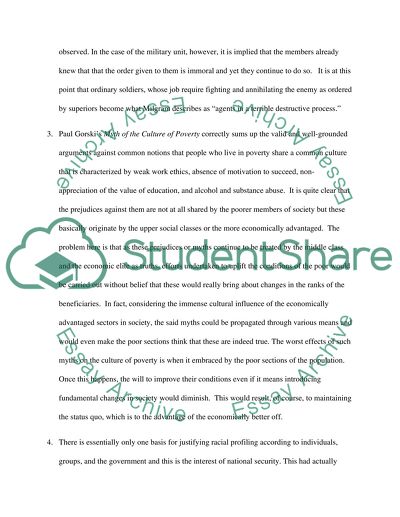Cite this document
(“Sociology and politics Essay Example | Topics and Well Written Essays - 2500 words”, n.d.)
Sociology and politics Essay Example | Topics and Well Written Essays - 2500 words. Retrieved from https://studentshare.org/sociology/1399732-sociology-and-politics
Sociology and politics Essay Example | Topics and Well Written Essays - 2500 words. Retrieved from https://studentshare.org/sociology/1399732-sociology-and-politics
(Sociology and Politics Essay Example | Topics and Well Written Essays - 2500 Words)
Sociology and Politics Essay Example | Topics and Well Written Essays - 2500 Words. https://studentshare.org/sociology/1399732-sociology-and-politics.
Sociology and Politics Essay Example | Topics and Well Written Essays - 2500 Words. https://studentshare.org/sociology/1399732-sociology-and-politics.
“Sociology and Politics Essay Example | Topics and Well Written Essays - 2500 Words”, n.d. https://studentshare.org/sociology/1399732-sociology-and-politics.


